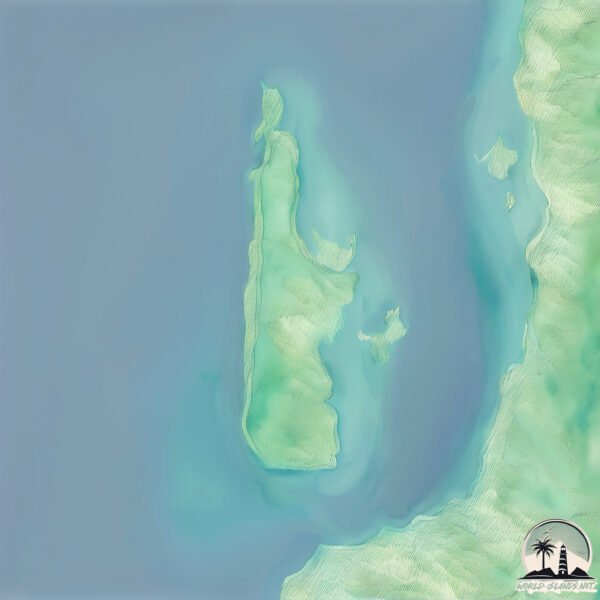Tumbatu

Welcome to Tumbatu, a Tropical island in the Indian Ocean, part of the majestic Indian Ocean. This guide offers a comprehensive overview of what makes Tumbatu unique – from its geography and climate to its population, infrastructure, and beyond. Dive into the details:
- Geography and Size: Explore the island’s size and location.
- Climate and Weather: Weather patterns and temperature.
- Topography and Nature: Uncover the natural wonders of the island.
- Infrastructure and Travelling: Insights on reaching, staying, and making the most of your visit.
- News and Headlines: Latest News.
Geography and size of Tumbatu
Size: 18.7 km²
Coastline: 27.5 km
Ocean: Indian Ocean
Sea: Indian Ocean
Continent: Africa
Tumbatu is a Medium Island spanning 19 km² with a coastline of 27 km.
Archipel: –
Tectonic Plate: Sunda – Extends across Southeast Asia, encompassing parts of the Sunda Shelf, known for its interaction with the Australian Plate, contributing to volcanic activity in Indonesia.
The geographic heart of the island is pinpointed at these coordinates:
Latitude: -5.82076466 / Longitude: 39.22448734
Climate and weather of Tumbatu
Climate Zone: Tropical
Climate Details: Tropical Monsoon Climate
Temperature: Hot
Climate Characteristics: Characterized by heavy rainfall, high humidity, and uniformly high temperatures, but with a distinct short dry season. It features a seasonal reversal of prevailing wind directions.
Topography and nature of Tumbatu
Timezone: UTC+03:00
Timezone places: Asia/Riyadh
Max. Elevation: 24 m
Mean Elevation: 13 m
Vegetation: Deciduous Broadleaf Forest
Tree Coverage: 47%
The mean elevation is 13 m. The highest elevation on the island reaches approximately 24 meters above sea level. The island is characterized by Plains: Flat, low-lying lands characterized by a maximum elevation of up to 200 meters. On islands, plains are typically coastal lowlands or central flat areas.
Dominating Vegetation: Deciduous Broadleaf Forest
Composed of broadleaf trees that shed their leaves seasonally. These forests are commonly found in temperate zones and experience distinct seasonal changes. Tumbatu has a tree cover of 47 %.
Vegetation: 8 vegetation zones – Very Highly Diverse Island
Islands in this range are ecological powerhouses, showcasing a wide array of vegetation zones. Each zone, from lush rainforests to arid scrublands, coastal mangroves to mountainous regions, contributes to a complex and interdependent ecosystem. These islands are often hotspots of biodiversity, supporting numerous species and intricate ecological processes.
Infrastructure and Travelling to Tumbatu
Does the island have a public airport? no.
There is no public and scheduled airport on Tumbatu. The nearest airport is Abeid Amani Karume International Airport, located 40 km away.
Does the island have a major port? no.
There are no major ports on Tumbatu. The closest major port is ZANZIBAR, approximately 34 km away.
The mean population of Tumbatu is 679 per km². Tumbatu is Densely Populated. The island belongs to United Republic of Tanzania.
Continuing your journey, Zanzibar is the next notable island, situated merely km away.
The Undiscovered MYSTIQUE in Zanzibar - TUMBATU ISLAND



United Republic of Tanzania is classified as Least developed region: Countries that exhibit the lowest indicators of socioeconomic development, with the lowest Human Development Index ratings. The level of income is Low income.
News – Latest Updates and Headlines from Tumbatu
Stay informed with the most recent news and important headlines from Tumbatu. Here’s a roundup of the latest developments.
Please note: The data used here has been primarily extracted from satellite readings. Deviations from exact values may occur, particularly regarding the height of elevations and population density. Land area and coastline measurements refer to average values at mean high tide.
